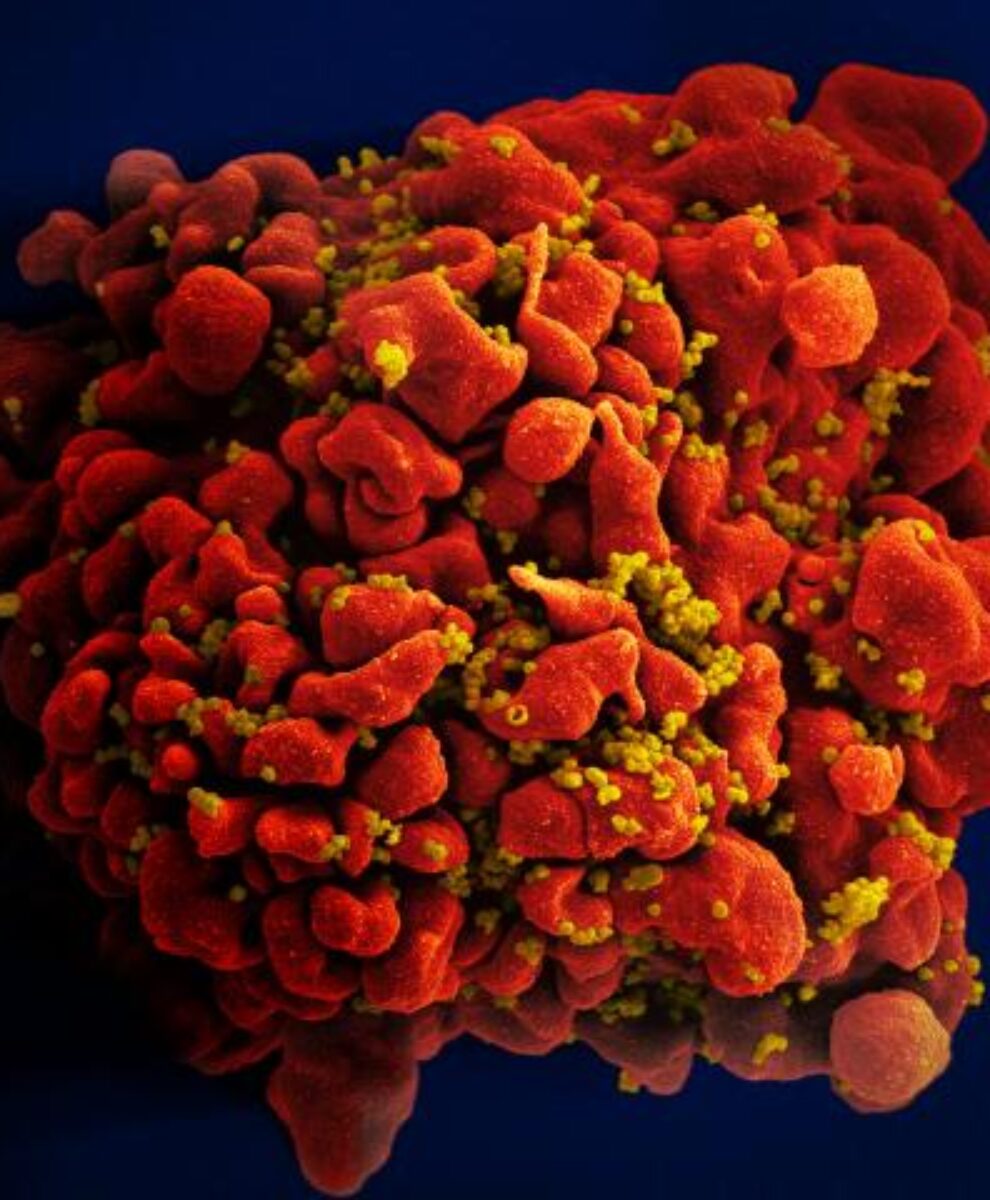Activist Proposes Uterine Transplants For Transgender Women To Give Birth

Table of Contents
The Science Behind Uterine Transplantation
Current State of Uterine Transplant Technology
Uterine transplantation, while still a relatively new field, has shown some success in cisgender women. However, the procedure remains incredibly complex and carries significant risks. Success rates, while improving, are not yet consistently high. The process involves intricate surgical techniques, and recipients require lifelong immunosuppressant medication to prevent rejection, leading to potential long-term health complications. These complications can include increased risk of infection, cardiovascular issues, and other side effects associated with immunosuppression. The procedure is also incredibly expensive, placing it out of reach for many.
Adapting the Procedure for Transgender Women
Adapting uterine transplantation for transgender women presents unique medical challenges. Hormonal considerations are paramount. The impact of pre-existing hormone replacement therapy (HRT) on the success of a uterine transplant needs careful study and consideration. Researchers would need to determine the optimal hormonal environment to support both the transplanted uterus and the overall health of the recipient. Furthermore, the interaction between immunosuppressants and existing gender-affirming treatments requires thorough investigation to mitigate potential risks.
- Surgical techniques: Specialized surgical approaches may be needed to account for anatomical differences.
- Immunosuppression protocols: Tailored protocols might be necessary to minimize risks and interactions with other medications.
- Long-term health risks and monitoring: Rigorous long-term monitoring is essential to assess the long-term effects of the procedure and immunosuppression.
- Ethical considerations specific to the transgender population: Informed consent and thorough psychological evaluations are crucial.
Ethical and Societal Implications of the Proposal
Access and Equity Concerns
The high cost and complexity of uterine transplantation immediately raise concerns about equitable access. Socioeconomic disparities within the transgender community are significant, meaning that access to this life-altering procedure would likely be limited to those with considerable financial resources. This raises ethical questions about fairness and justice in healthcare allocation. The potential for exacerbating existing inequalities must be addressed proactively.
Public Perception and Societal Debate
Public perception surrounding the proposal is diverse and often reflects pre-existing biases about transgender identities and reproductive rights. Misconceptions and misinformation frequently fuel negative responses. Open and honest dialogue, free from prejudice and based on scientific evidence, is crucial to navigate this complex societal debate. The media's role in shaping public opinion must also be carefully considered.
- Financial barriers to access: Ensuring affordability and accessibility needs to be central to any discussion about widespread implementation.
- Ethical considerations of reproductive technology: The ethical implications of using advanced reproductive technologies need careful evaluation within the context of transgender reproductive rights.
- Potential impact on LGBTQ+ rights movements: The success or failure of this proposal could significantly impact wider LGBTQ+ rights movements.
- Religious and cultural objections: Religious and cultural objections to transgender identities and reproductive technologies must be acknowledged and addressed in a respectful yet firm manner.
The Activist's Perspective and Motivations
Understanding the Activist's Goals
The activist's primary goal is to expand reproductive options for transgender women, allowing them to experience biological motherhood. Their motivation stems from a deep commitment to transgender rights and reproductive autonomy, recognizing the profound significance of biological motherhood for many transgender individuals. They envision a future where gender identity does not limit access to reproductive healthcare.
The Role of Advocacy and Social Change
This activist's proposal represents a significant step in ongoing conversations about gender identity, reproductive autonomy, and access to healthcare for marginalized communities. Their advocacy highlights the need for inclusive reproductive healthcare policies and underscores the importance of challenging societal norms that limit access based on gender identity. The impact of their activism could extend far beyond uterine transplants, affecting broader discussions on reproductive justice.
- The activist's background and expertise: Understanding the activist's background provides context and credibility to their proposal.
- The activist's strategy for achieving their goals: Their proposed strategy highlights the importance of raising awareness, advocating for research funding, and collaborating with medical professionals.
- The broader implications of their activism for transgender rights: This proposal is likely to galvanize further discussions about transgender rights and inclusivity.
Conclusion
The proposal to provide uterine transplants for transgender women seeking biological motherhood presents a complex intersection of scientific advancements, ethical considerations, and societal values. While the science of uterine transplantation continues to evolve, the ethical and societal implications demand careful consideration. Concerns about access, equity, and public perception need to be addressed proactively. The activist's motivation to expand reproductive options for transgender women highlights the crucial need for inclusive reproductive healthcare policies.
Learn more about the ongoing conversation surrounding uterine transplants and transgender reproductive rights. Join the dialogue and help shape the future of reproductive healthcare for transgender women. Engage with relevant organizations and research to foster a more informed and nuanced understanding of this evolving field.

Featured Posts
-
 Oboronnoe Soglashenie Makrona I Tuska 9 Maya Chto Izvestno
May 10, 2025
Oboronnoe Soglashenie Makrona I Tuska 9 Maya Chto Izvestno
May 10, 2025 -
 Jeanine Pirros Dc Attorney Nomination The Impact Of A Past Incident
May 10, 2025
Jeanine Pirros Dc Attorney Nomination The Impact Of A Past Incident
May 10, 2025 -
 Indian Stock Market Sensex And Nifty Rally Key Movers Today
May 10, 2025
Indian Stock Market Sensex And Nifty Rally Key Movers Today
May 10, 2025 -
 Is Palantir Stock A Good Investment In 2024 Risks And Rewards
May 10, 2025
Is Palantir Stock A Good Investment In 2024 Risks And Rewards
May 10, 2025 -
 Novi Komentari Stivena Kinga Pro Trampa Ta Maska Na X
May 10, 2025
Novi Komentari Stivena Kinga Pro Trampa Ta Maska Na X
May 10, 2025
